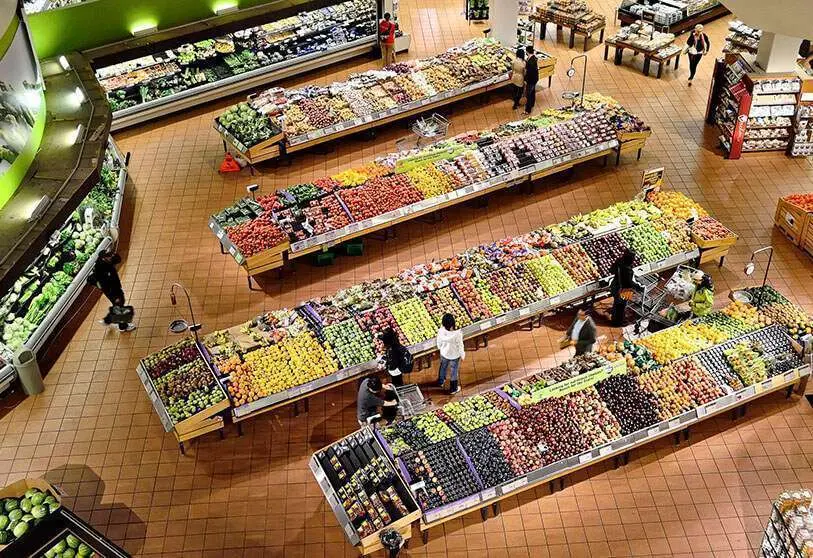Food security and sustainability in the Mediterranean

COVID-19 has created greater awareness of the importance of food security among producers, businesses, governments and consumers. Agricultural production is one of the pillars of the economy, accounting for 3% of world GDP and almost 30% of global employment. However, agricultural markets are unstable and react to speculative forecasts by operators, with price variations, as was the case in 1986, 1996 or 2008. Sharp price increases trigger riots and revolts among consumers, as well as high income instability for producers: agri-food SMEs and farms.
In 2020 this situation has been complicated by the closure of borders to contain the pandemic. Food insecurity, which already affects nearly 40% of the world's population because of lack of food or poor quality, is further compromised by poorly functioning supply chains and public health.
In addition, due to the globalization of markets, agrifood chains have become fragmented, making them more vulnerable to economic and health crises. These crises, in addition to the degradation of natural resources (land, water, biodiversity) and climate change, directly challenge the agro-industrial food system.
Now is the time for efficient approaches. Heritage food diets, such as the Mediterranean Diet, must form the basis for building regional food systems, based on aspects such as proximity, solidarity and autonomy, and thus be more resistant to economic and social, health or climate crises.
By mobilizing agroecology, circular bioeconomy and participatory governance, these systems have the capacity to ensure sustainable local development by recovering the internal market for local products. All this makes it possible to contribute to reducing territorial divides by revitalizing rural areas, and also to export to a more aware international market.
It is urgent to promote a new vision and a new model of partnership for the agricultural and food sector in the Mediterranean, based on networks of joint development, which will help to overcome current and future crises.
Shared long-term visibility is essential to mobilize the necessary resources to develop agricultural cooperation between the two sides of the Mediterranean and to promote the construction of an integrated regional market.
The agricultural industry has gone through a phase of innovation in recent decades. Now food security, new trends and sustainability are producing more opportunities for agri-food SMEs, which are so necessary to support global food security.
Digitizing the sector in order to increase agricultural production and address climate risks has proven to be relevant and promotes the value chain in terms of productivity, traceability, quality, market access or health control.
Modern farms use solutions and software to intervene in plots, comply with regulations, monitor export certification or manage the workforce.
In 2019, new global agricultural enterprises invested nearly $20 billion in digital technologies. In the Mediterranean, the challenge is to promote a modern, competitive, global and resource-sustainable agriculture to increase the attractiveness of the sector and provide employment opportunities for young people in a technology-dependent labour market.
Availability, access and consumption of quality food are necessary for well-being. In areas such as sub-Saharan Africa, 4 out of 10 people live in extreme poverty on less than $1.90 a day. And, unfortunately, the number of undernourished people is increasing around the world due to the combined effects of drought, floods, pests, international conflicts or fluctuations in commodity prices. The Sustainable Development Goal of 'Zero Hunger' by 2030 is now almost unattainable.
However, there are options. It is possible to implement strategies to achieve food security by helping farmers and small producers. Barriers need to be removed; invest in renewable energies such as wind, solar or hydropower through public-private partnerships to increase electricity supply, and facilitate local food production and processing. Infrastructure, roads, and pathways can be improved to connect rural and agricultural production areas to markets, and direct subsidies can be provided to rural producers, who can avoid hunger and extreme poverty.
The COVID-19 pandemic is exacerbating existing problems. For this reason, it is urgent to promote measures to reactivate the agrifood sector and avoid its asphyxiation. But it is also imperative to lay the foundations for a new model of sustainable development. It is time to make courageous decisions.
Anwar Zibaoui, General Coordinator at ASCAME

